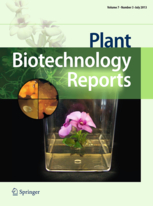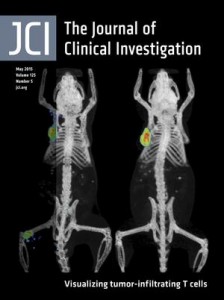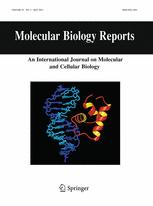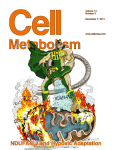 Plant Biotechnology Reports is retracting a 2009 paper by a group of researchers in South Korea because the authors submitted the article “without the permission” of the owner of a gene used in the study.
Plant Biotechnology Reports is retracting a 2009 paper by a group of researchers in South Korea because the authors submitted the article “without the permission” of the owner of a gene used in the study.
The paper abstract is no longer online, though the Committee on Publication Ethics (COPE) recommends that retraction notices be linked to the retracted article wherever possible. So we can’t even tell you what the paper is about, outside of its title: “T1 transgenic tobacco plants carrying multicopy T-DNAs at the same locus exhibit various expression levels of transgenes.”
Here’s all we’ve got—the retraction notice itself: Continue reading Dude, whose gene is that? Genetics paper retracted for lack of permission








